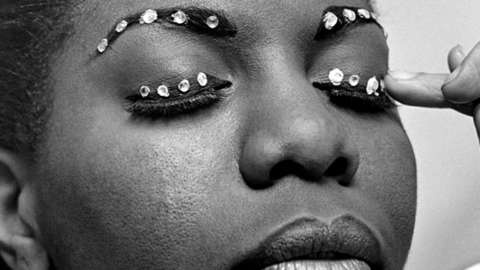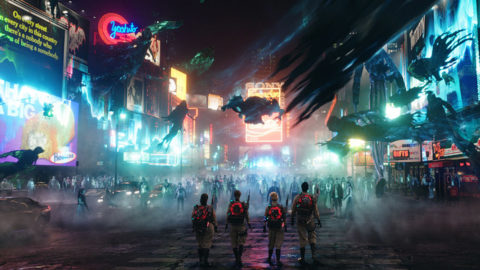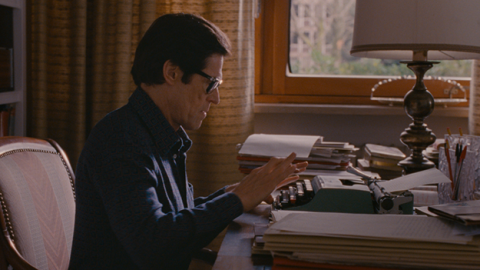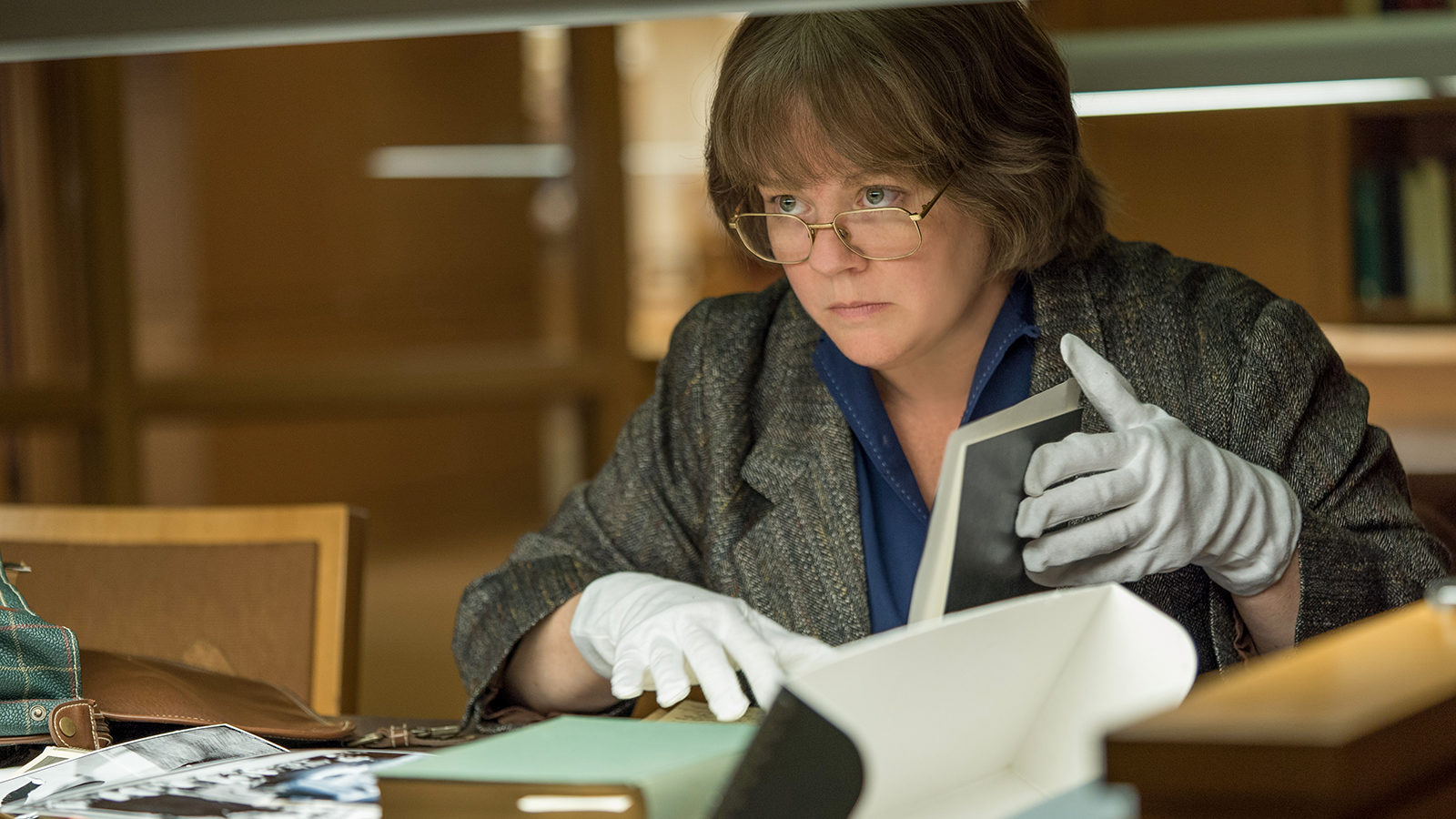
Short Take: Can You Ever Forgive Me?
The biography writer Lee Israel, played in Can You Ever Forgive Me? by Melissa McCarthy, was never straight, but in 1991, she abandoned the straight and narrow. With the help of her miscreant friend Jack (Richard E. Grant), Lee became a serial forger of letters by her favorite (often queer, sometimes Jewish) literary icons.
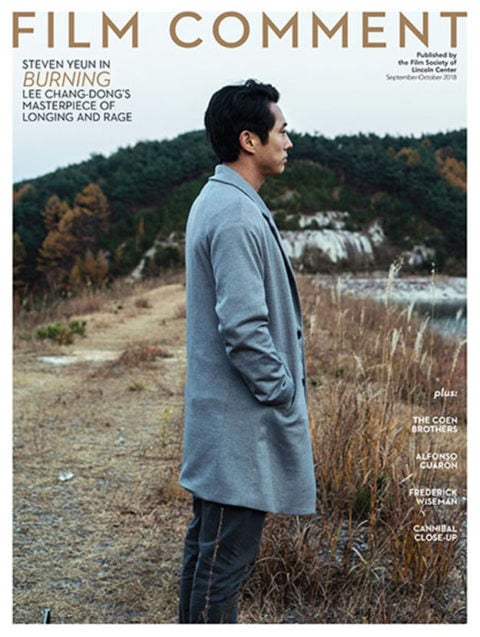
Marielle Heller’s adaptation of Lee’s story displays a style of modern studio filmmaking where the expressionistic potential of cinema is subsumed by character and narrative. The film’s dialogue openly addresses its characters’ motivations, backstories, and psychologies, and for the most part, the camera provides coverage and does not interfere. As Lee, McCarthy offers a committed, slightly corny case for the dramatic viability of her post-Bridesmaids superstardom.
But around the edges of this Oscar-friendly character study are signs of a more mysterious and more queer film. The soundtrack is the first indicator, as Heller chooses to play mid-century pop songs from artists like Blossom Dearie uninterrupted over scenes of Lee’s misanthropy. The sensibility of these songs is like the language of the letters that Lee forges, or like Julius, the Greenwich Village gay bar that she frequents. Collectively, they all dance between sarcasm and sentimentality. Even as the story declares Lee a loner, Heller’s mise en scène plants the idea that a person might find community in a song, a style, or a space. In intriguing fashion, Heller’s backgrounds are more interesting than her foregrounds.
Teo Bugbee is a queer film and culture writer based in New York.




